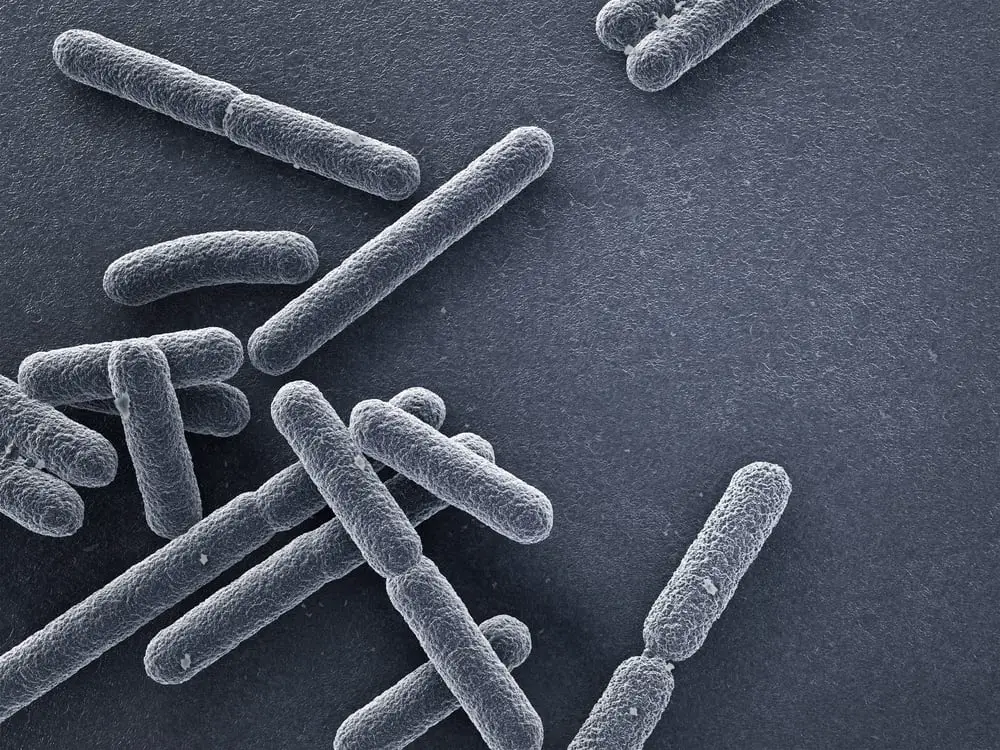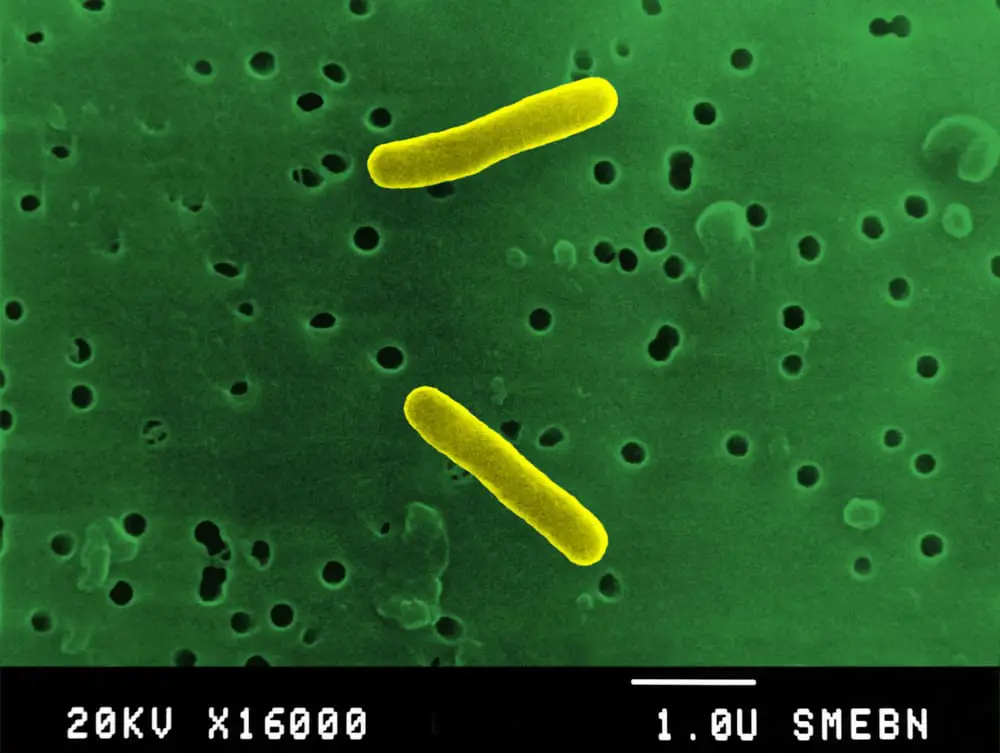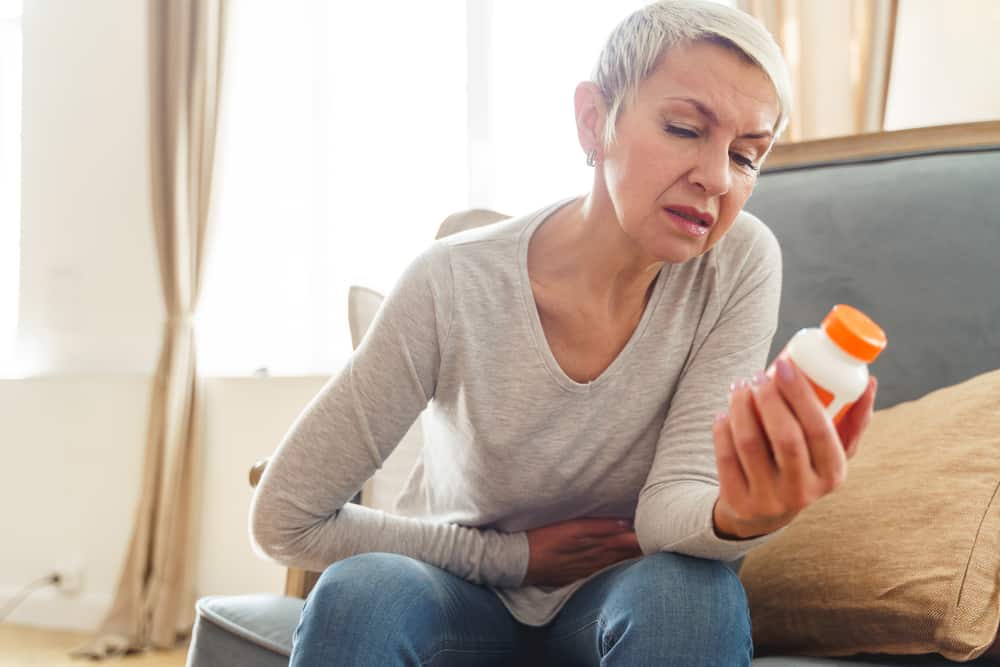Is it Safe to Eat Raw Dough?
Some people cannot resist raw dough, and no one can blame them; after all, it is hard to stop yourself from eating fresh cookie dough when it’s easily within your reach. But is it safe to eat? Here’s what to know so you can make a well-informed choice the next time you’re tempted to try an unbaked pie crust!
What is Raw Dough?
Simply put, raw dough has raw ingredients. Flour is the most common plentiful ingredient in dough, and in its raw form, it can contain a few harmful bacteria that pose a health risk to you. When the dough is baked and cooled, the flour constituents make your baked goods delicious and fluffy. However, if you eat it raw, the flour is most likely contaminated with germs. This is because the flour comes from grain processed in farms and fields.
Unfortunately, there is a common consensus that no tangible steps are taken to ensure that the raw flour is 100% free from bacteria and goes straight into the bags.
Eating Uncooked Dough Is Not Safe

If you consume raw dough, you may end up risking your health. Raw flour contains harmful pathogens, most noticeably Escherichia coli (E. coli) bacteria. In addition, raw eggs can have other contamination like Salmonella bacteria. Both Salmonella and E. coli can cause a bacterial infection and have been associated with several food poisoning outbreaks. Therefore, it is important to understand the risk of consuming raw dough. Salmonella, for example, can cause bloody diarrhea. The symptoms of an E. coli infection can include a high fever and vomiting, and in some cases eating raw dough can make a person severely ill.
Can You Die from Eating Raw Dough?
Eating raw dough makes you sick as it contains flour that is primarily raw and can carry germs like Escherichia coli that cause food poisoning. The raw dough usually has raw eggs in the mix as well, and these raw eggs can have other harmful bacteria like Salmonella. So can you die from eating raw dough? It depends on the severity of the illness.
Health Risks of E. Coli
Food poisoning from E. Coli can lead to mild to severe watery and bloody diarrhea. Stomach cramps and vomiting are also common symptoms of the infection. However, in extreme cases, a person with E. coli infections can suffer from uremic syndrome and even kidney failure, leading to death.
Studies conducted by CDC concluded that the outbreaks of E. coli diseases in 2019 and then 2021 were due to cake mix and raw flour, which eventually resulted in several recalls.
Health Risks of Salmonella

The presence of raw eggs can make eating raw dough dangerous as raw eggs may contain bacteria. This bacteria causes stomach cramps, diarrhea, and a strong fever. However, some people can get severely sick and need immediate hospitalization.
According to CDC estimates, in the United States, Salmonella bacteria cause 1.35 million infections and 420 deaths every year. The most noticeable source of the bacteria is in raw food.
Raw Dough and Salmonella
The Centers for Disease Control and Prevention advises consumers to never sample raw dough and egg mixtures before preparing them. The presence of raw eggs in dough increases the risk of Salmonella in raw dough. Infection with Salmonella usually starts within six hours and can last for three days. These infections can lead to kidney failure and hemolytic uremic syndrome in some cases. The worst-case scenario involves an infection or illness that is fatal.
Raw Dough and E. Coli
Because raw flour can contain disease-causing bacteria, it is a major concern for consumers to avoid eating unbaked dough. While many people are already aware of the risks of eating raw eggs, many may not be aware of the dangers associated with unbaked flour. The CDC says that the risk of E. coli contamination from unbaked flour in the raw dough is as high as it is for eggs. Therefore, the CDC warns against eating uncooked dough contaminated with E. coli and other bacteria. Consuming unbaked flour could cause diarrhea, nausea, and kidney failure. CDC has reported three multistate outbreaks of E. coli linked to the uncooked dough.
Consequences of Eating Uncooked Dough
By now, we can say that it is not a good idea to eat raw dough regardless of how tempting the gooey cookie mix looks to you! If it isn’t baked – you are better off not eating it. You do not want to deal with harmful bacteria leading to E. coli and Salmonella and risk serious illness.
Avoiding raw dough should always be a priority. It is not healthy to eat it raw. The flour in the dough isn’t treated to kill germs. The bacteria that cause E. coli can be present in the grain when it grows and in other parts of the manufacturing process. This means that eating uncooked dough is not a healthy option. But what if you eat it and are now sick?
What to Know

If you consume unbaked dough and are not feeling well, you may have an E. coli infection, and you will observe symptoms like vomiting, abdominal cramping, and diarrhea. Typically it takes 3 to 4 days for the infection to occur.
If you develop a salmonella infection, you will have some symptoms within the first six hours of the bacteria entering your system. Whether you are sick from the contaminated dough will be obvious by the symptoms of Salmonella, such as bleeding in stool, abdominal pain, fever and chills, and diarrhea. It won’t be pleasant, that’s for sure.
Are You At Risk?
In most cases, the infection is not fatal, and most people will recover in 7 to 10 days without treatment. However, some cases of E. coli and salmonella can lead to complications, especially if you have a weak immune system or are older. Likewise, the infection can be dangerous for young children as well. Therefore, if you face serious symptoms, you should go to the doctor.
No one wants to get sick, so it is best not to risk it and avoid eating uncooked dough.
